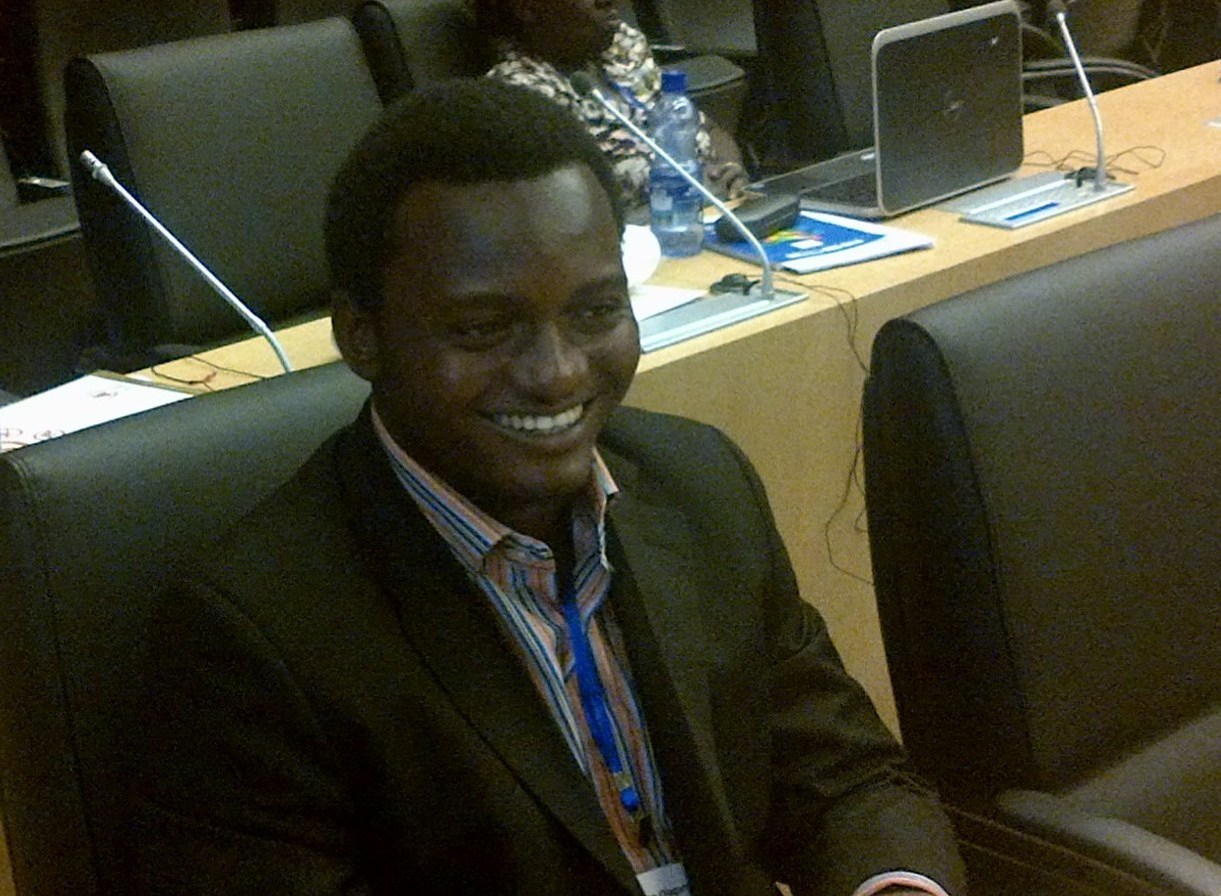The prevalence of maternal mortality constitutes a major setback and more concern to the health challenges that are essentially troubling third world nations. In 2000, countries and development partners sat down to critically consider this challenge amongst other challenges facing. It was at the millennium summit that the dedication to reduce maternal mortality by three quarters between 2015 was birthed.
To achieve the said goal, it was agreed that at least an annual average reduction of 5.5% should be recorded; fifteen years after the MDG declaration, the annual reduction recorded in Sub-Sahara Africa was 0.1%. Well, within 1990–2010 a 42 % reduction was made, the death rate declined from 745 deaths per 100,000 live births to 429, these same figures in another sense translate as 164,800 maternal deaths.
It was as a result of this slow progress that the UN Secretary General lamented thus, “With progress at its current rate, in 2015 mothers will continue to die needlessly in childbirth”
Despite the recorded progress, Africa still has the world’s largest burden of maternal deaths as at 2010, constituting 56% of the global burden, standing out as the continent with the world’s highest mortality ratio. After all, the 10 countries with the highest ratios of maternal death are African nations. Sadly, many deaths are still being recorded each year as a result of very preventable causes
It’s actually not that progress hasn’t been made or achieved. It’s just that the achieved result so far is still quite far from the set goal. Since 1990, maternal mortality globally has reduced by 47%. Sub- Sahara Africa has managed to record 39% reduction. Also, the under-five mortality rate declined 47 per cent between 1990 and 2011. Estimates from several angle are all pointing at the decline in maternal death, the only thing is that progress is slower than MDG expectation.
Some of the major factors that have largely contributed to the enhancement of maternal health most especially when we look at African countries doing well at achieving the MDG5 include, the availability and accessibility to pre and post-natal care, contributions from skilled birth attendant, family planning for birth control amongst others.
On the other hand, the unavailability of the mentioned factors is also majorly responsible for the slow and snail-like pace at which the African continent is moving towards the reduction of maternal mortality. Taking a look at a country like Equatorial Guinea where MDG 5 has been achieved, and also Eritrea and Egypt who are perfectly on track. It’s clear that these countries are models basically because they have adopted and taken some factors to heart, hence they have result to show for it. Conversely countries that have been lackadaisical about factors like increasing accessibility to pre and post natal care are largely responsible for the draw backs that Africa has recorded so far in maternal health.
Let’s consider the case of Eritrea for example. Eritrea in 2007 launched a concept called Waiting Homes in order to intensify effort to tackle maternal mortality essentially in remote areas. Skilled health workers were deployed to these homes accompanied with at least one ambulance to transport labouring mothers to high level medical facilities, in cases of emergency. Twenty months after these structures were established; UNICEF surveyed two maternity homes in different areas of the country and confirmed that successful childbirth improved by 56%. The case of Eritrea helps to ascertain that if African nations will move any close to eradicating maternal mortality, concerted effort must go into training health workers and then make them available in rural communities.
Africa is making effort here and there, but the truth is that so much more needs to be done. Since the African Union lunched Campaign on Accelerated Reduction of Maternity Mortality in 2009, 37 out of 52 African nations have embraced the initiative.
To a large extend, many of the strides made in Africa has been influenced by the collective effort of national, regional and international agencies. Tangible effort by the WHO has led to progressive improvements, though many of these brilliant efforts must be culturally inclusive to accommodate cultural practises and beliefs.
What Africa needs is an integrated approach and intervention to successfully tackle maternal health issues. This integrated approach must be holistic so they can strengthen other related health systems that will in turn improve maternal health. African leaders also need to stay true to the 2001 commitment they made in Abuja, when they agreed to allocate 15% of national budget to the health sector.
Lanre Olagunju is an hydrologist turned freelance journalist. An alumnus of the American College of Journalism, Lanre advocates on several international platforms for the prosperity and absolute well-being of the African continent. He is @Lanre_Olagunju on Twitter.


